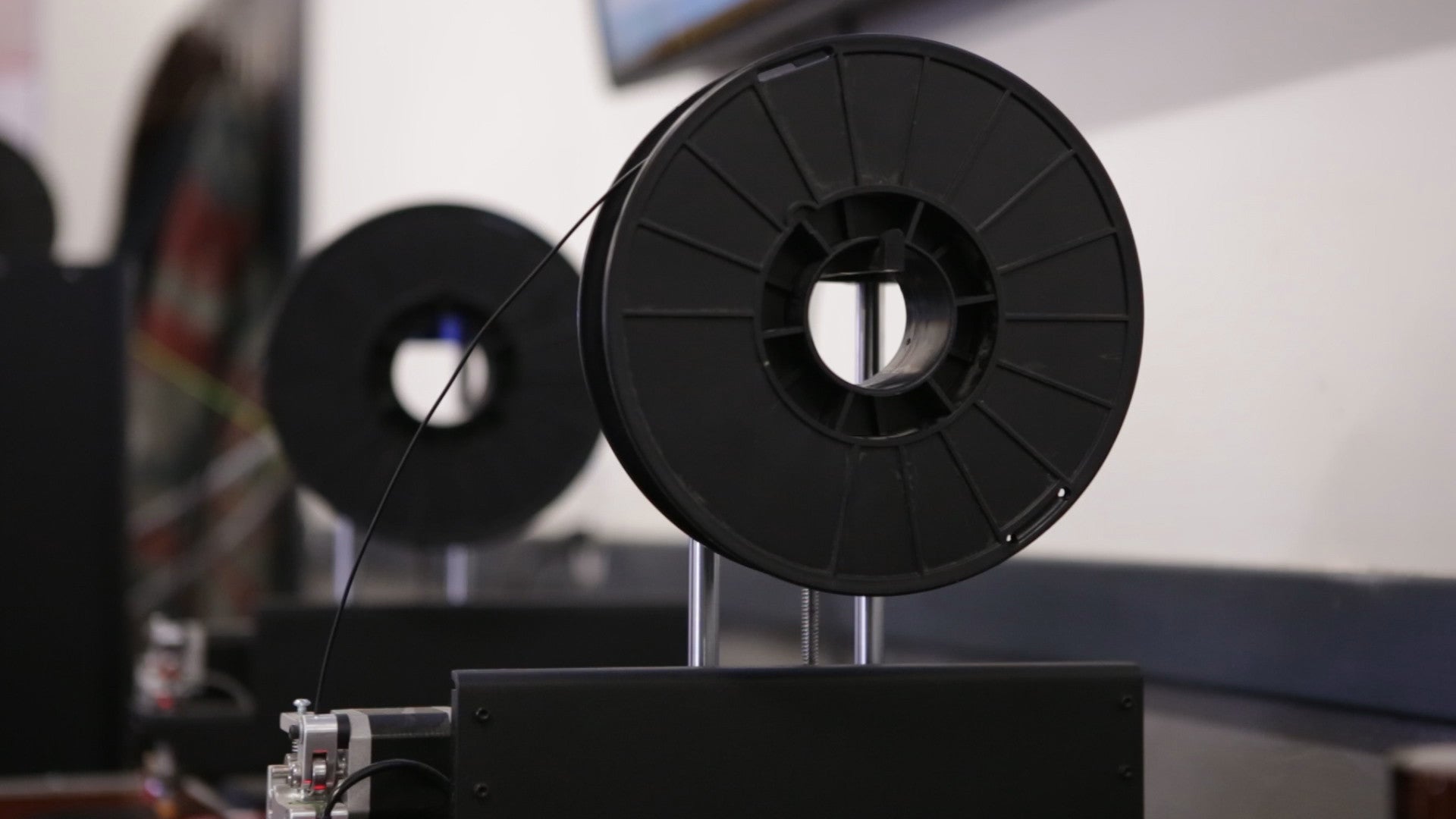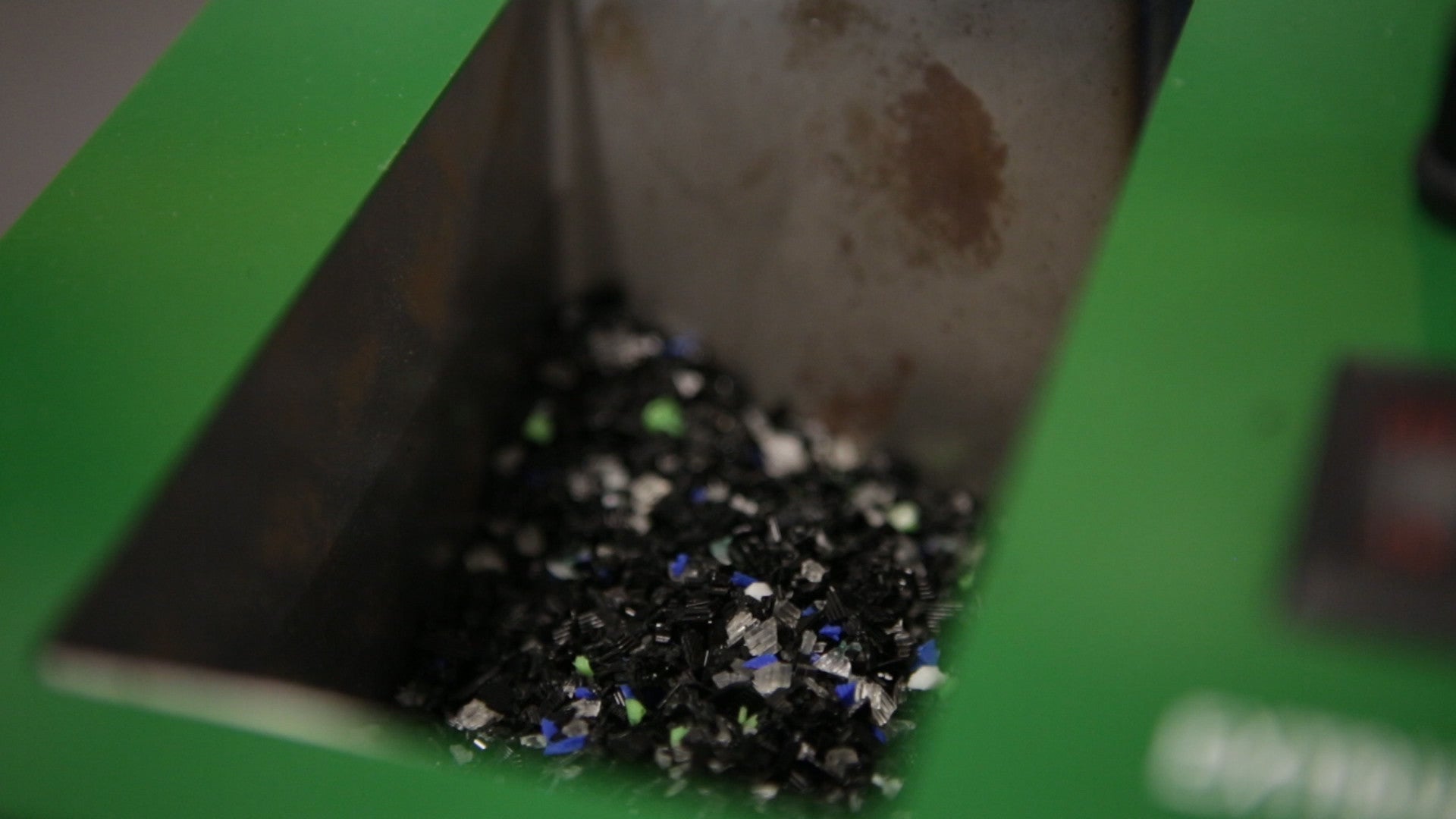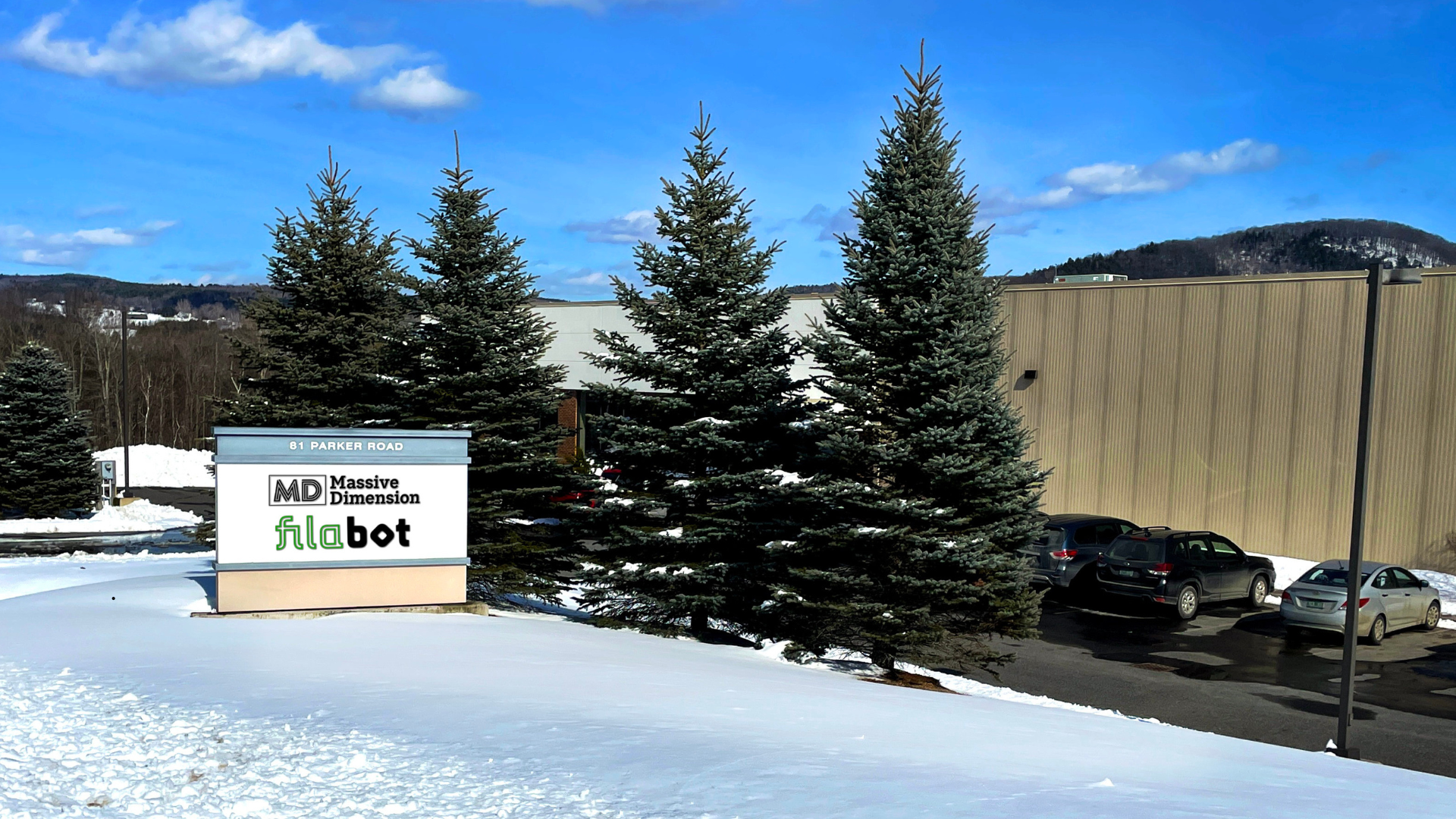Recycling is a good concept and has benefits. Take something that isn’t useful anymore and turn it into something useful. Aluminium cans, newspapers, cardboard all move down the waste stream and become new products. Most often, because of the recycling process, these items are weaker and have a lower grade quality. In this case, they’re down-cycled and eventually become unusable and eventually can no longer be recycled. Yeah, bummer.
Planet Earth, our home, is the OG recycler. In the natural world, the concept of “waste” doesn’t exist. And while recycling is good, it’s more of a less-bad solution that still needs to be more inline with the workings of the natural world.
According to the EPA recycling does do some pretty good stuff. Annually, it reduces about 49.7 million metric tons of carbon emissions and does reduce the amount of off-gassing from landfills. Similarly, it takes less energy to create a can out of recycled material than it does from virgin materials.
In the 1980s, landfill usage peaked. That’s where most garbage used to go and that’s when Americans were sending more than 150 million tons of garbage into landfills each year. We still dump tons of garbage into landfills, but with recycling efforts the EPA estimates we divert about 32 percent of waste away from landfills and into other industrial streams of re-use.

We’re not bumming on recycling here. But what we, the collective we, the human we, need to do is change the game. Reducing waste and recycling products are important steps. But they don’t cut it in terms of our environmental realities and the state of the ocean.
At Filabot, we’re about recycling. That’s what the Filabot does. It’s pretty neat. We’re specifically concerned with plastics and plastic waste reduction as it is becoming ever more a reality that plastic is everywhere. Which great, because we can make things. But it’s also bad because it’s killing the planet and will take the sun exploding for all of it to biodegrade (not actually a scientific fact but I’m kinda freaking out while writing this post).
I’m sure you’ve heard of it. I’m sure you’re not sure what to do about it. We’re not either. It’s a huge problem. It’s disgusting, it’s the Great Pacific Garbage Patch. Gulp. Cough. I just swallowed some microplastics. Trillions on trillions of microplastics. This is bad news.
Published in 2015 in the journal Science, a study from UC Santa Barbara estimated that 8 million metric tons of plastic makes its way into the oceans every year. And that’s set to increase. According to NOAA one hundred thousand marine mammals a year, as well as millions more fish and other aquatic life.
All this plastic is growing into a huge tumor in the ocean. According to some articles I’ve just read, 34 times the size of Manhattan. And even though we do have a good waste management system in the US, we’re one of the top polluting countries in the world. It’s litter, it’s single use bags, plastic wrappers, tumble-weed shopping bags.
We’re not recycling efficiently enough and there is an argument to be made about how much particulate matter recycling creates.
The Filabot works to reduce and recycle plastic waste. That’s obvious enough. But what we’re still figuring out here in Vermont is how to change the entire game. Not only reduce waste, but to eliminate waste, and to reduce the environmental impact of our actions. Not only are we working to reduce and eliminate waste streams, but what’s clear is the problem of consumption itself. So much stuff, more stuff, more things, more tupperware, more soda bottles, more, more, more. It’s nuts. It’s hard to pinpoint where it comes from. It needs to stop.
Previously mentioned, single use plastic packaging is one of the largest sources of plastic waste and pollution. And there are some simple steps you can take to change your reliance on single use packaging. Try printing your own tupperware, use mason jars, if you’re into craft beer: buy a growler.
One example: sandwich bags are a bummer. They’re single use and made out of plastic. Sure, you could try and extrude them. But ultimately, let’s stop using sandwich bags, okay? I know that’s a strange thing to ask. But please, stop it.

One of my favorite alternatives: Beeswax Reusable Sandwich Wraps. Look them up. Buy them for your kids. Made in Vermont, so maybe we’re a little biased. But they’re a great alternative to sandwich bags if you’re the guy or girl who brings a sandwich to work everyday.
Next: plastic water bottles. Stop it. I’m guilty of this from time to time. Sometimes you’re in a gas station in Idaho and you don’t have water and you grab a bottle. Or maybe you’re really on a Gatorade kick and that bright blue liquid is tempting. But stop it. Seriously, stop. Plastic water bottles suck. They’re a simple thing to cut out of your life. Making a simple statement and effort to stop using plastic bottles is important. And instilling these ideas in your family and friends seems small, but every action and discussion moves the needle in a positive direction, towards a better, less polluted world.

Okay, wow. You’re still reading this? This might be the worst post I’ve written in awhile. And I’m not sure what to do about it. For me, it’s hard to write about plastic pollution simply because it is daunting and there are no simple, straight answers. It will take nothing more than a complete transformation of our consumption driven culture. I don’t have the answers, and as I’ve been writing this, the daunting size of this problem has hit me hard.
Small scale solutions are great, extremely important: culture is made and transferred between people and their ideas. However, in order to make a bigger impact, we need public discussion, consideration, imagination. We’re looking at you, dear maker, dear citizen of the world.
What can we say and do collectively? What ideas do you have for large-scale change in how we relate to “waste” and consumption? How are you using the Filabot to start discussions about recycling and pollution? Let us know! Thanks for reading, take a deep breath and enjoy the beautiful sunshine. We’ve got work to do, all of us!
Best,
The Filabot Team





1 comment
Susan Wheeler
God help us and I don’t get the concept of God
God help us and I don’t get the concept of God